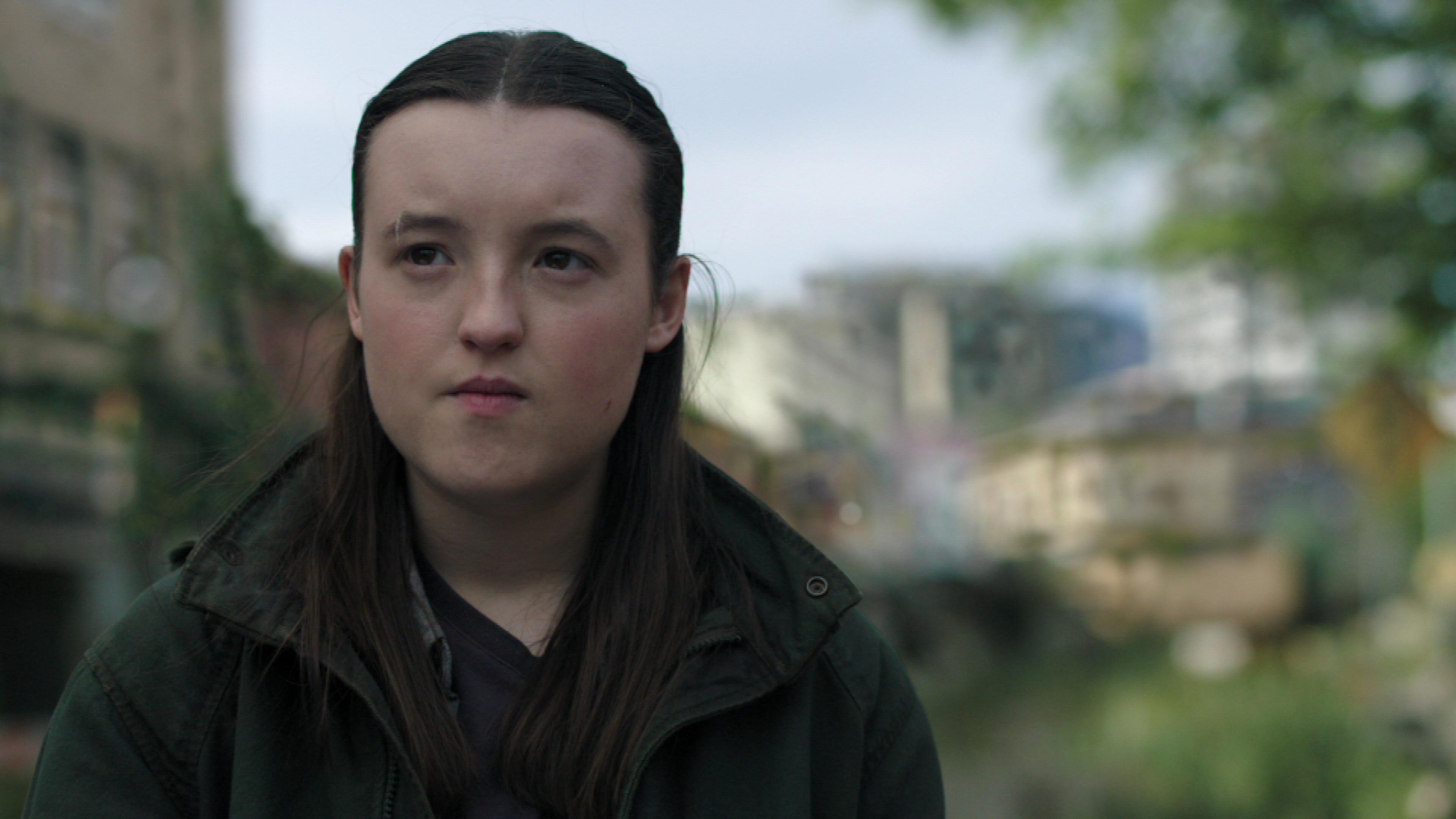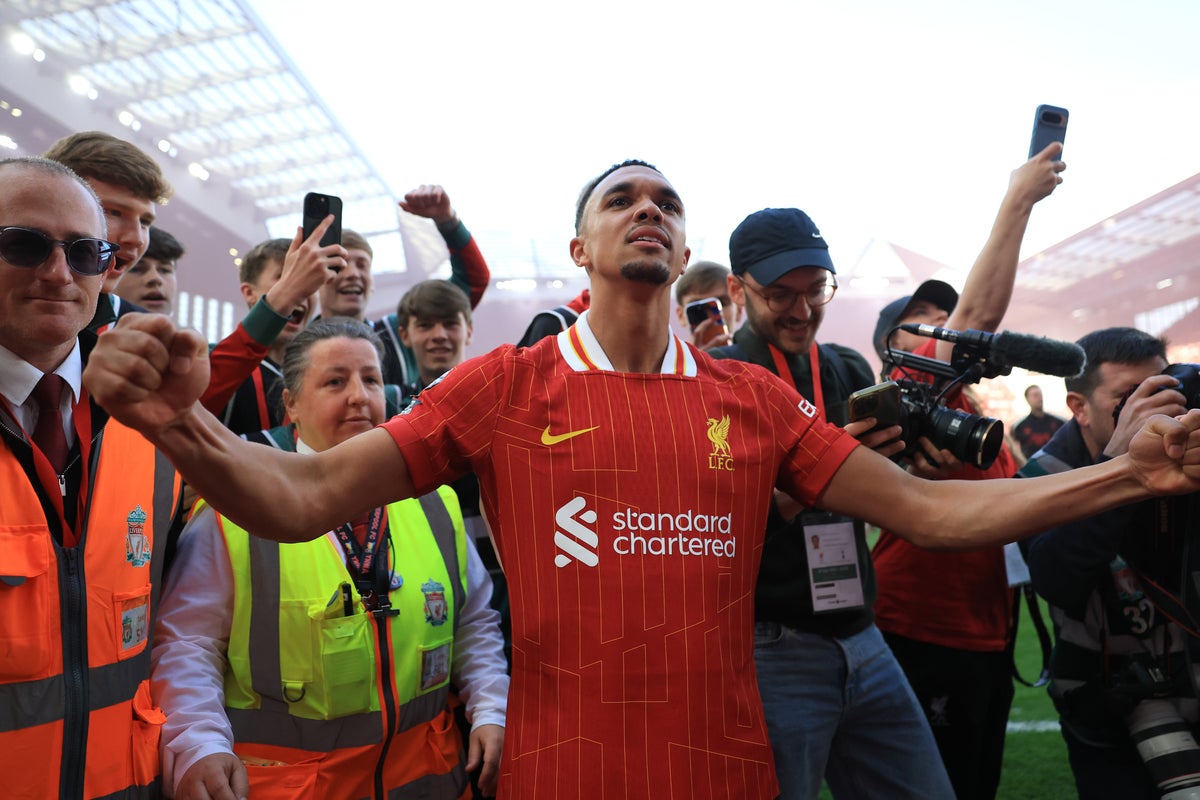ARTICLE AD BOX
Miscasting: seldom has the word been weaponised against an actor more than in the case of Bella Ramsey. When the British star was first cast in HBO’s lavish video game adaptation The Last of Us, it was a surprise – a commendably left-field choice, in defiance of many fans braying for more established actors. (Booksmart’s Kaitlyn Dever, perhaps the most commonly touted name, would subsequently join the series as her emergent nemesis.) Over the course of the first season, Ramsey won over all but the most virulent doubters, bringing grit, charm, and no small amount of depth to the role of 14-year-old apocalypse survivor Ellie. Then season two rolled around, and so too did the “miscasting” debate, again.
The objections here were slightly different. Season two, based on the 2020 game The Last of Us Part II, is set half a decade after the first; Ellie here is older, darker, and thoroughly un-childlike. Ramsey was 20 years old when the series was filmed, a year older than their character, but has not had the stark visual ageing-up that marked the character in the game. (The original Ellie was portrayed by Ashley Johnson, an actor then in her thirties; the character was constructed digitally to reflect the changing age.) Having Ramsey – relatively young-looking for their age, and with an attendant sweetness of spirit – go through the bleakness and adult trauma of the new season seems incongruous. But this is far from “miscasting” – it’s changed the weight and subtext of the series itself, in really quite interesting ways.
This has never, to date, been more evident than in the fourth episode of The Last of Us’s second season, which premiered last night. At this point, Ellie, grieving the death of her father figure Joel (Pedro Pascal), has set out to avenge his murder, with another young woman, Dina (Isabela Merced) in tow. Where Ellie’s brief Joel-less plotline in season one had a kind of unmoored, child-in-peril urgency to it, now she exists in a world of adult independence and responsibilities.
As if to hammer this home, the episode ends with Dina revealing to Ellie that she’s pregnant. “Holy s***,” Ellie says. “I’m gonna be a dad.” It’s a neat and memorable line of dialogue – with the switching of gender making explicit the echoes of Ellie’s own pseudo-parental relationship with Joel. But it’s striking how young Ellie seems in this scene, how strange it seems to hear words like this emerge from her mouth.
In the TV show, Ellie appears no longer the hardened young adult she was in the source material, but an unjaded teenager out of her depth. It’s a far more interesting dynamic to explore, and adds a fascinating – and tragic – new dimension to the character. As the season goes on, and Ellie gets drawn further and further into the moral sinkhole of revenge, we will inevitably watch Ramsey’s character explore increasingly grim territory. How will their innate, seemingly unscrubbable innocence persist through this – or will it not?

More than this, Ramsey’s casting attests to one of the subtler benefits of the adaptation process. For a series that has often recreated the finer details of the original games to a fault, one of the best ways of drawing out new meaning – of justifying the show’s own existence, really – is through human idiosyncrasy. Ramsey’s casting, and performance, means that the series isn’t just replicating Ellie’s arc, but deftly recontextualising it. Themes that already existed in the story – the loss of innocence, for example, that old coming-of-age go-to – are given fresh and particular sharpness, while space for new ideas is also opened up.
In other words, Ramsey’s performance in the series isn’t a failure of casting – but the criticisms of it speak to a failure of interpretation. It’s facile to ask whether Ramsey was miscast. Better to ask just who, exactly, they were cast as. And the answer to that question is still unfolding.
'The Last of Us' can be streamed in the UK on Sky and NOW, with new episodes arriving every Monday









 English (US) ·
English (US) ·